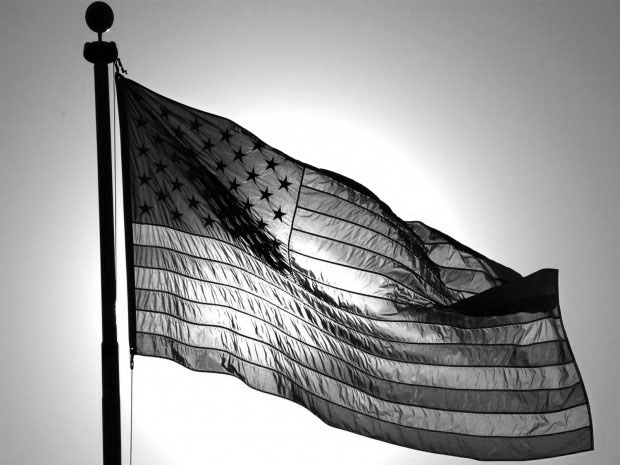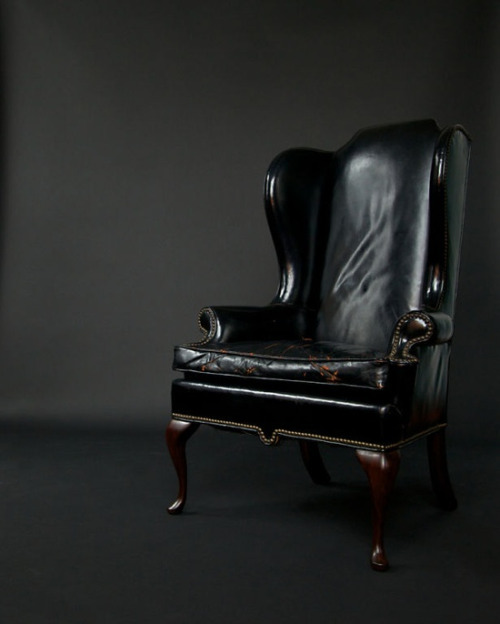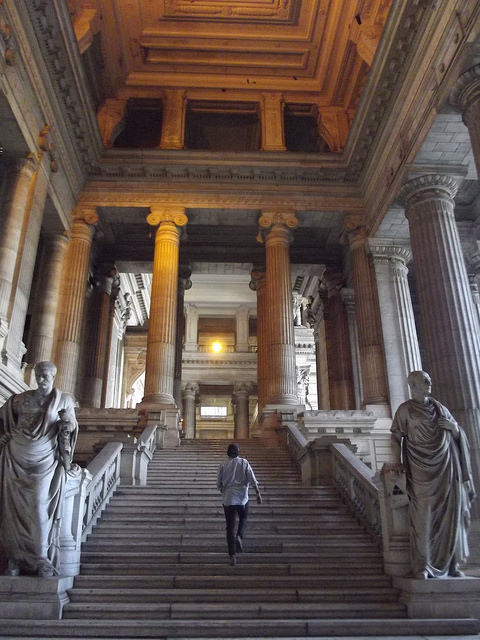OUR HISTORY
The Civil Rights movement was gaining momentum during the early 1960's when African Americans were reflecting upon both their individual and collective situations, and evaluating their current status and future goals. Locally, African American attorneys were slowly gaining stature primarily in Essex, Hudson and Union Counties. Representation on the bench was sparse, with Judge Hazelwood sitting on the Newark Municipal Court bench, Judge Yancey sitting on the Essex County Superior Court bench and Judge Wood sitting on the Union County Superior Court bench. Employment in large or medium firms was extremely limited.
The National Bar Association, the first nationwide organization of African American attorneys, was in existence at that time. A group of attorneys from Essex, Union and Hudson Counties came together during 1962 to focus on their immediate concerns. These concerns included projecting a positive image of the African American attorney in the community, as well as expanding and building their practices. The Barristers, the first informally organized group of attorneys included William H. Walls, Irvin B. Booker, Donald King, Calvin Hurd, James H. Coleman, John J. Teare, Chauncey Barett and Everett Jones. The group expanded and functioned until sometime in 1967.
It was the activism of Black law students during the late 1960's after the Newark riots that caused them, along with several Black attorneys, to organize the Concerned Legal Associates ("CLA"). Their members included attorneys, Isaac McNatt, CLA's first president, Pearl Crosby and Geneva Sanford, along with students, George Logan, Golden Johnson, Kathy Mitchell, Betty Lester and Rita Murphy. These students saw the need for an organization that addressed the needs of Black students, graduates, and practicing attorneys. The organization of the Concerned Legal Associates coincided with the founding of the Association of Black Law Students at Rutgers Law School in Newark, New Jersey. The strong student base allowed the organization to deal with current legal issues such as the hiring of minority faculty in the law schools, participation in community legal services, and the examination of the bar passage rate for Black graduates in the early 70's.
In 1975, the Concerned Legal Associates changed its name to the Garden State Bar Association to reflect a growing statewide constituency. The organization's membership is now more diverse and has greatly increased since its inception. In 1996, the Garden State Bar Association began the formation of a Young Lawyers Division to address the needs of recent law school graduates and attorneys practicing less than six years.
women’s history month 2023 spotlight
Hon. Betty J. Lester
Betty Joan Johnson was born in Bristol, Pa., on Oct. 14, 1945, to John and Ollie Johnson. The fourth of six children, Betty was a smart and talkative child who loved to read. She attended Bristol High School where she sang in the state girls choir and marched as a drum majorette. After high school, Betty enrolled at Howard University in Washington, D.C., where she met and married Althear Lester, a student at Howard Law School. Their daughter Alyse was born during her final year in college. In May 1968 Betty and Althear graduated from Howard University and Howard Law School, respectively with their infant daughter in their arms. After college, Betty enrolled at Rutgers Law School, earning her juris doctorate in 1972. She was one of five women in the inaugural class of the Minority Student Program, and she co-founded the Concerned Legal Associates, which later became the Garden State Bar Association, New Jersey’s oldest and largest professional organization for African-American judges, lawyers and law students.
After law school Betty worked in the New Jersey public defender’s office in Newark, where she represented defendants charged with violations of state criminal laws. At one point in her career as a defense attorney, she won 29 consecutive jury acquittals for her clients. In 1977, Mayor Kenneth Gibson appointed her to the Newark Municipal Court as a trial judge. She was 31. Several years later she was promoted to presiding judge, where she supervised a panel of nine municipal trial judges. In 1985, Gov. Thomas Kean appointed her to the superior court of the State of New Jersey. With these two appointments, Betty earned the distinction of being the first African American female presiding judge in Essex County, and the
second African American female judge to be appointed to the superior court in New Jersey. Later in her career, she was promoted to presiding judge of the superior court, criminal division where she supervised approximately 25 trial judges. After 32 years of service to the judiciary, Betty retired from the bench in 2009 and relocated with her husband to Sarasota, Fla., and became a seasonal resident of Martha’s Vineyard.
She was a member of the New Jersey State Bar Association, the Essex County Bar Association, and the National Association of Women Judges. On the national level, she was appointed as a commissioner for the Commission on Accreditation of Law Enforcement Agencies.
She was a member of several private social organizations, including Alpha Kappa Alpha Sorority, Inc., The Doll League and the Sarasota Circle-Lets. The Hon. Betty J. Lester died peacefully on May 8, 2021 in Sarasota, Fla., she was 75.









